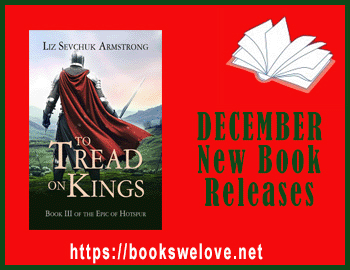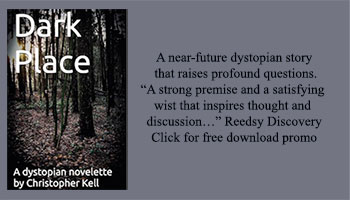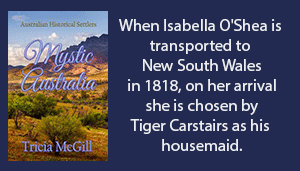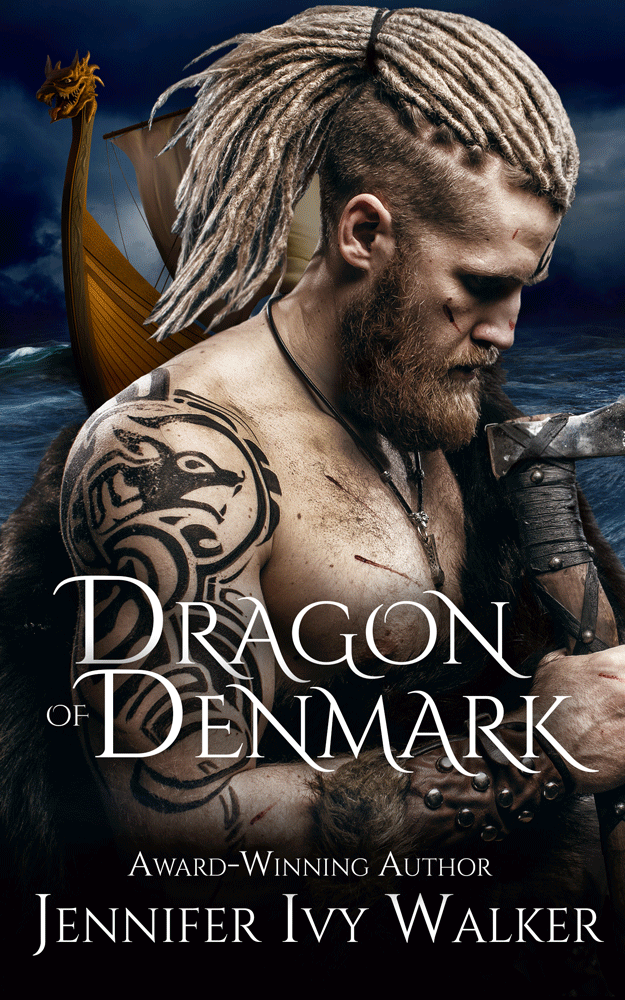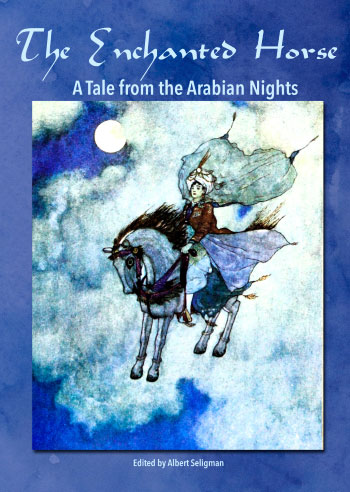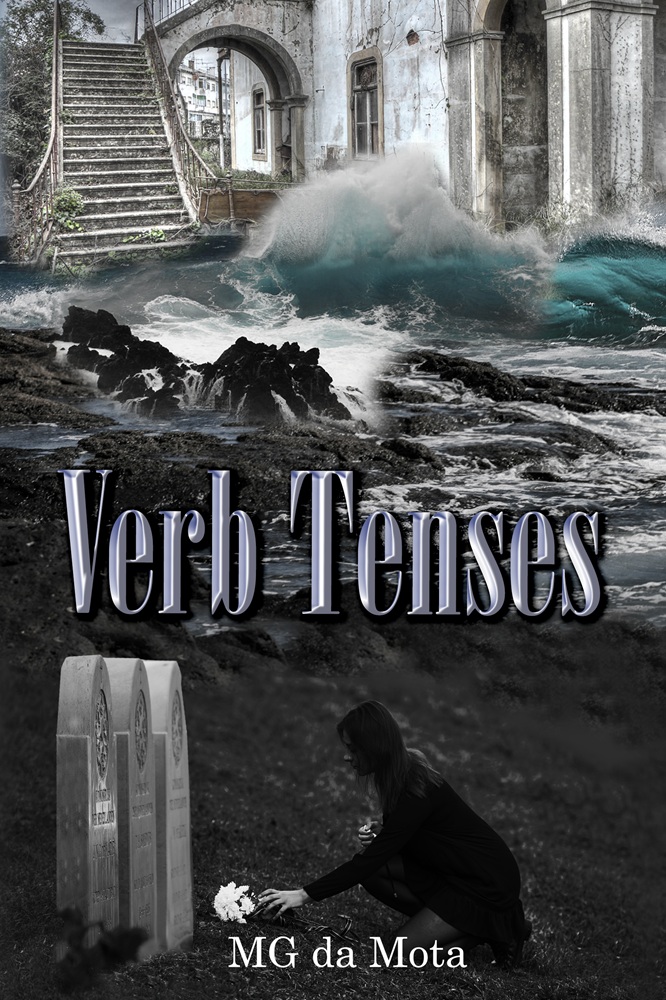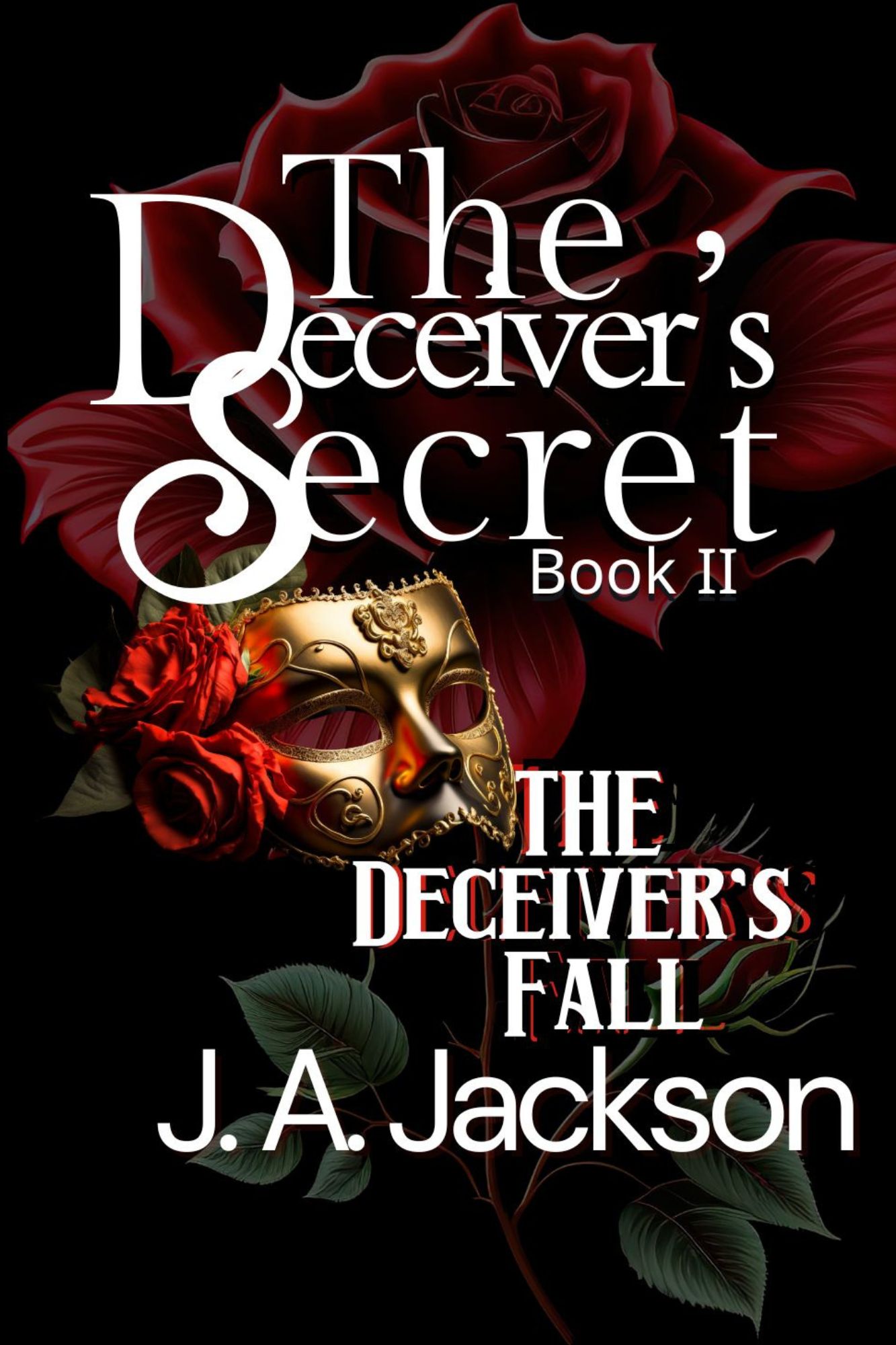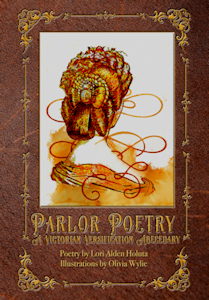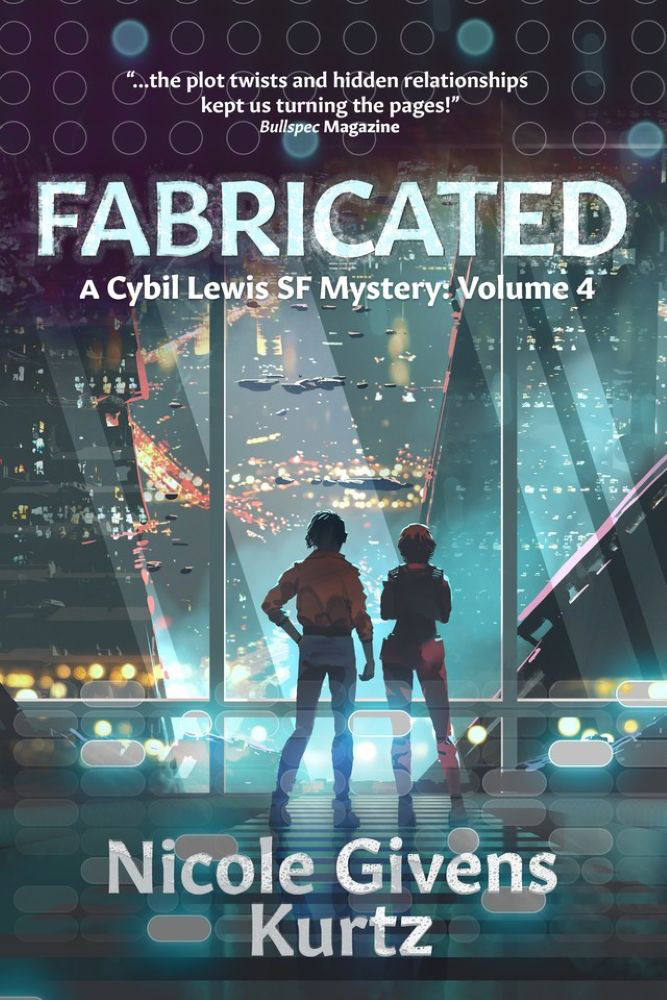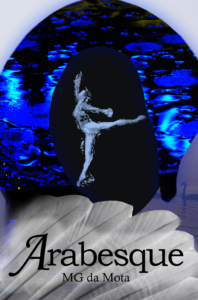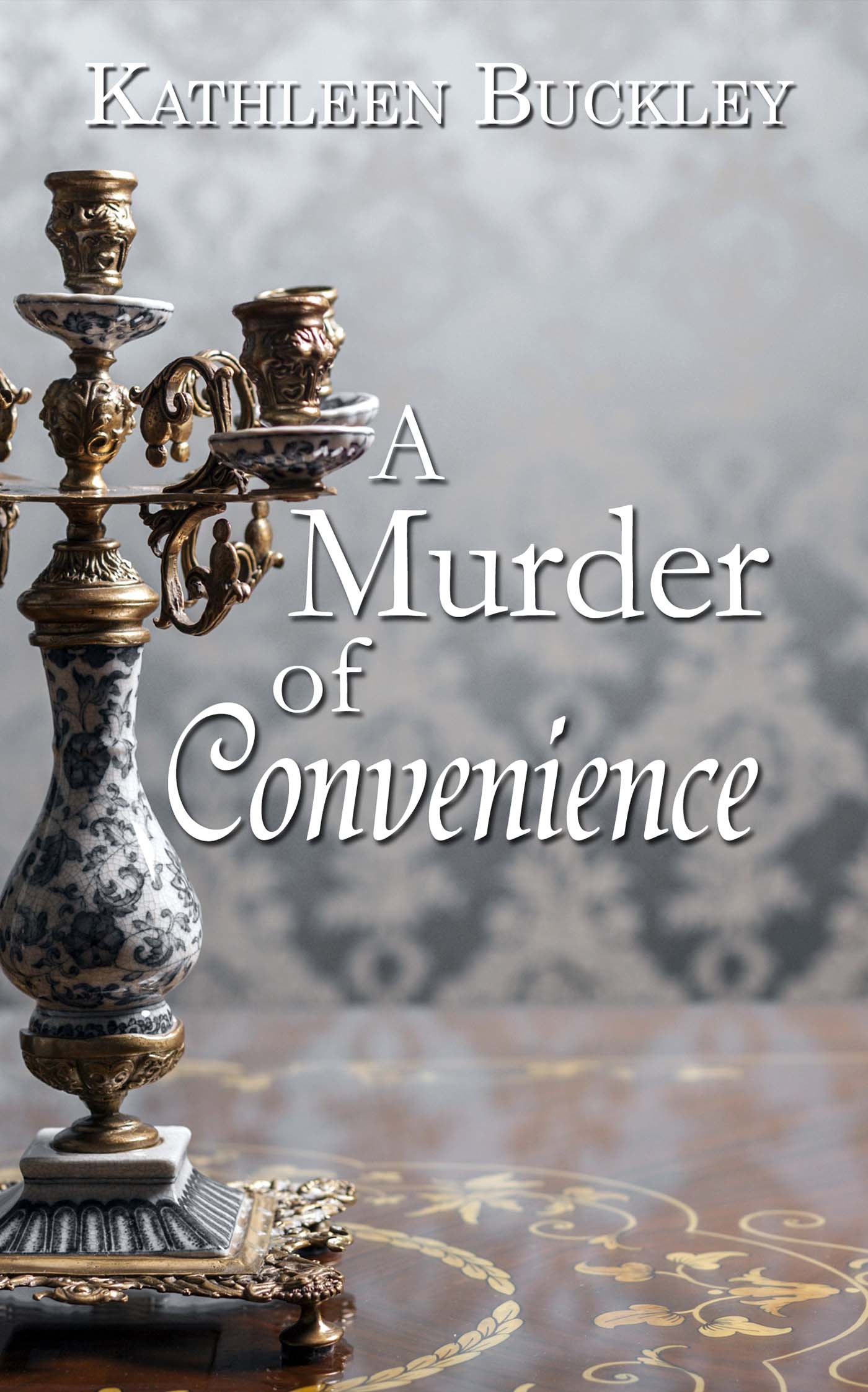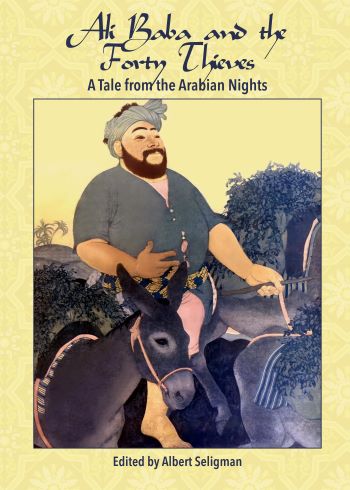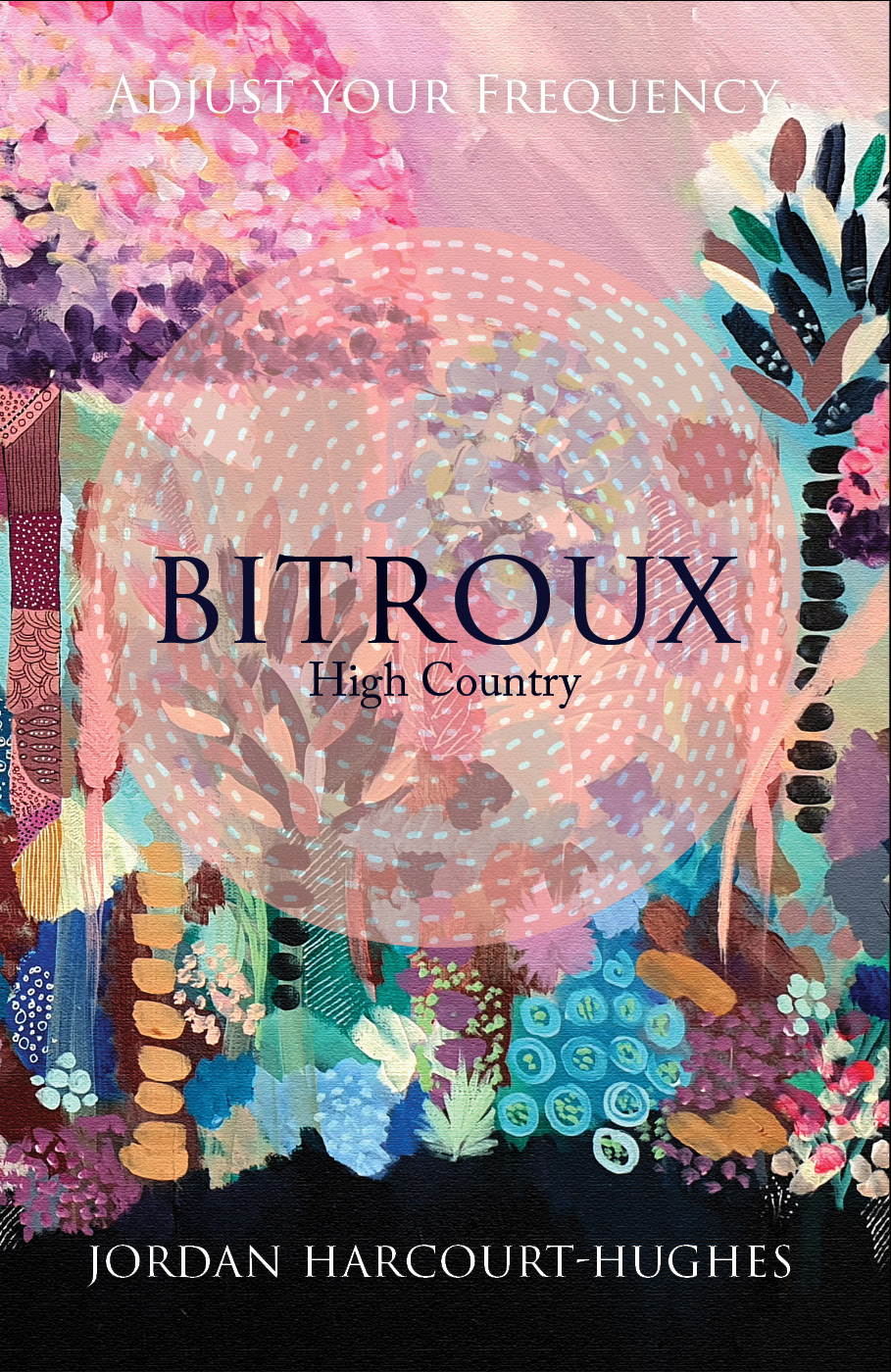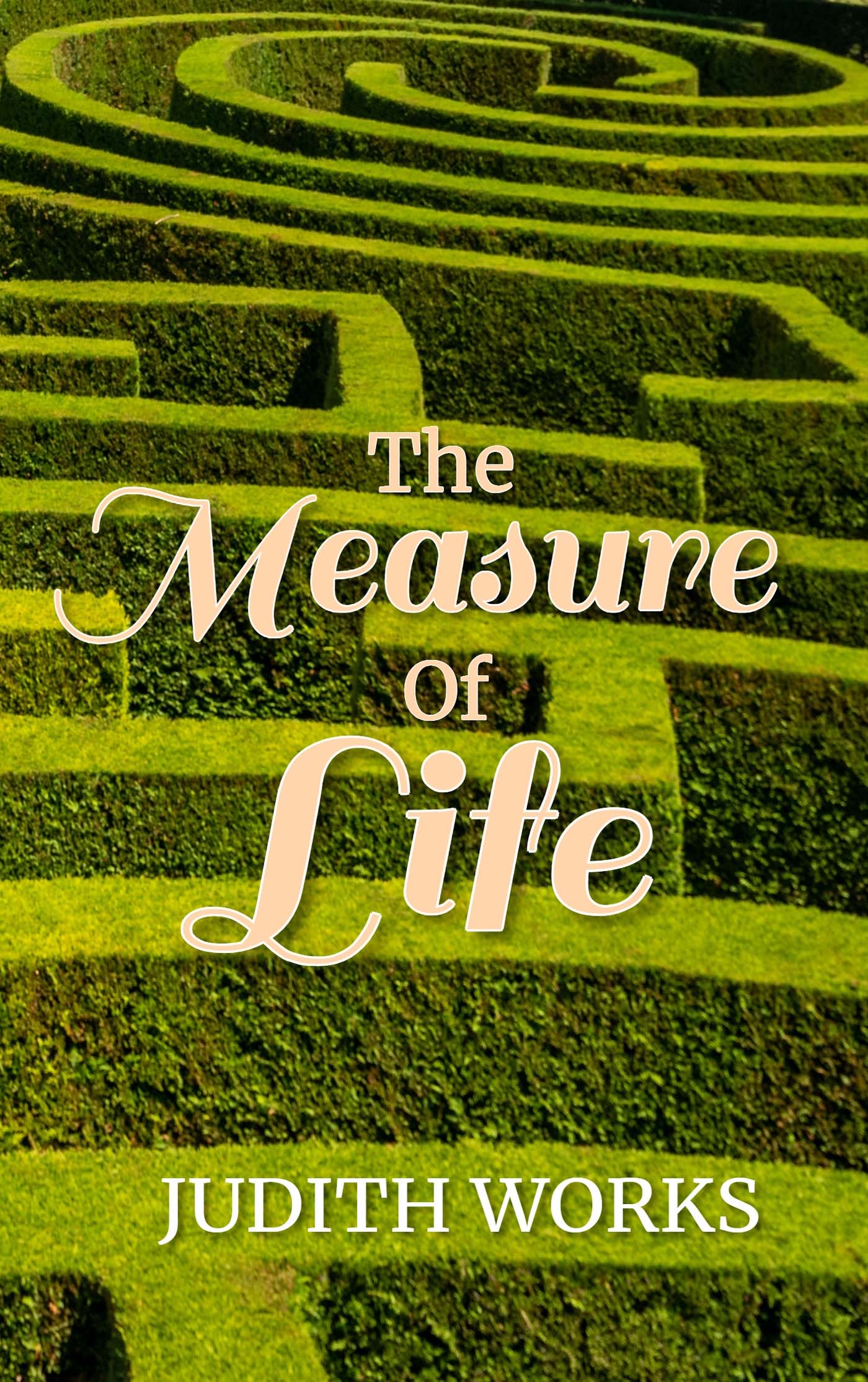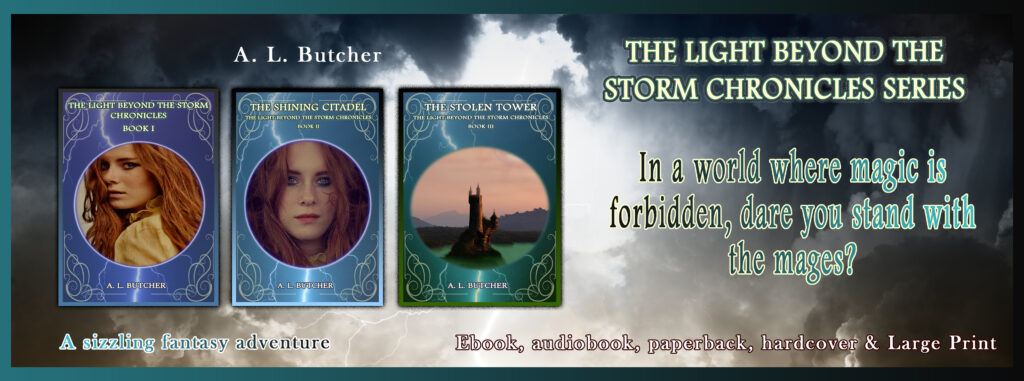
Long and Short Reviews welcomes AL Butcher, author of The Light Before the Storm Chronicle Series.
Please tell us about your publications/work.
I’m the author of the dark fantasy series – The Light Beyond the Storm Chronicles; the Tales of Erana companion series of novellas, The Legacy of the Mask series and an assortment of short stories in the fantasy/historical fantasy and gothic horror genres and a poet.
I also write for Perseid Press – and have two stories in the Heroes in Hell dark fantasy world, and two stories in the Herokia series.
Do you think the written word (or art) bring power and freedom?
Oh yes. Books have changed the word (not always for the better) and of course are a good way to pass on knowledge, ideas and beliefs.
Writing can bring both freedom and tyranny/oppression. However, as with most things of human design this depends on who is wielding the power and how it’s used.
Do I think books should be banned? Or altered to meet more modern times?
No – no book should be banned – however how that book is utilised and understood can be important. Hopefully people will be educated enough to understand that often a book is one person’s opinion (or that of a few) and is not, necessarily the ‘truth’. Books are open to interpretation, prejudice and manipulation – and it’s these things which need to be monitored – not the book itself. A book is not inherently good or evil – but the person reading it may use it as such.
There’s been a lot of fuss about ‘editing’ classics such as Roald Dahl and Heart of Darkness being ‘unsuitable’ for modern audiences. Sure, there are some terms used that now are rather objectionable, but keep in mind when they were written/set – keep the language and use it to discuss WHY such terms are not acceptable. Explain that times have changed, and attitudes are (hopefully) now more diverse and accepting.
A book such as Heart of Darkness is not supposed to be a ‘happy’ book – it’s dark and filled with references to colonialism and the horrible things it did – to the inner greed and ability to exploit that many humans have. It’s dark book, filled with tough themes – and that’s the point. But read these ‘banned’ books and make your own decisions.
Kids (and adults) will not learn and understand history and the abhorrent things humans do and say to one another and have done and said if these things are sanitised. One cannot be outraged about something one is not aware of.
What piece of advice do you wish you’d had when you started your publishing journey?
Success is relative. What one author deems a success with their books another might not. Not may indie authors make much money – and if you write to make a living – well then good luck, but many of us write because we enjoy it – and the success is creating something.
How much research do you do for your work? What’s the wildest subject you’ve looked at?
I’ve researched if something as large as a dragon could fly and if so – how, poisons, sword wounds, flora and fauna, Jack the Ripper, PTSD, herblore, religion, politics, ancient history and myth, how to fight a duel with cannons (yes I used that one) and much more. I like to learn so I tend to get a bit side-tracked….
How influential is storytelling to our culture?
Massively so. I’m a Brit and my culture is steeped in fantasy, legend and lore. Many people don’t realise but it’s everywhere – Robin Hood, King Arthur, Elves, pixies, saints, angels, Black Dog monsters, headless horsemen and ghostly carriages, haunted houses, werewolves, selkie, unicorns, Nessie, the Green Man, St George and the Dragon….The list is endless. Do you tell your kids about Santa Claus? The Easter Bunny? The Tooth Fairy? Do they read about Thomas the Tank Engine, the Hobbit, watch Star Wars, Harry Potter, Marvel? Even if you’re not a fan of the genre – the influence is all around.
What’s the best advice you’ve received about writing/publishing?
Write what you want to write and enjoy writing. Don’t care about reviews – there will always be someone who hates your book, or will be offended, or thinks there’s too much sex/violence/worldbuilding – or not enough. Every reader is different and you can’t and won’t please everyone. So don’t try, write what you love, write what you want to read.
What’s the worst piece best advice you’ve received about writing/publishing?
Write what is popular – unless you can churn out a book in a couple of months (I can’t) then what will be popular now might not be popular in a year, or a decade, or even next week. And if you aren’t very good at writing, say contemporary romance, then that will show in your work. I can’t write westerns or contemporary fiction – for example – and if I try, no one will read it, but I can write fantasy and mythic fiction.
If you could be any fantasy/mythical or legendary person/creature what would you be and why?
Dragon – who wouldn’t want to be a dragon?
Which authors have influenced you the most?
Janet Morris, Gaston Leroux, JRR Tolkein, Terry Pratchett, Jules Verne, Alexandre Dumas, Victor Hugo, Mary Shelley, Agatha Christie.
Did you always want to become a writer?
A writer (or artist or musician) is not something you become – it’s something you are. It’s as much part of you ask your limbs or your thoughts. Whether you are any good at it, or share it with anyone is another matter entirely – one can learn the technical side of it, and how to tame it, as it were to varying degrees of success but without that innate spark of creativity it’s just that – technical and soulless.
People can learn to write in coherent sentences, how to use a semi colon or what a clause is, and they can put that on paper (electronic or otherwise) but if they aren’t storyteller then it will show.
I can hit a drum with drumsticks but that doesn’t make me a drummer. It makes me someone who can hit a drum. It’s not the same.
Tell us a silly fact about yourself.
I spent a decade working in the local theatre dressing actors. It was fun (mostly) but weird. I had a debate on philosophy with a man dressed as a depressed donkey (Eeyore) and talked about politics with Scooby doo….
What did you want to be when you ‘grew up’?
A squirrel….
The Light Beyond the Storm Chronicles – Book I
In a dark world where magic is illegal, and elves are enslaved a young elven sorceress runs for her life from the house of her evil Keeper. Pursued by his men and the corrupt Order of Witch-Hunters she must find sanctuary. As the slavers roll across the lands stealing elves from what remains of their ancestral home the Witch-Hunters turn a blind eye to the tragedy and a story of power, love and a terrible revenge unfolds.*18 rated for adult scenes and violence.
Available as ebook, paperback, hardcover, large print and audiobook.Universal Link https://www.books2read.com/Lightbeyondstorm1
The Shining Citadel – The Light Beyond the Storm – Book II
Who rules in this game of intrigue where magic is forbidden, and elves enslaved? Journey where beliefs shatter like glass, truth is unwelcome, and monsters from ancient times abound: share the romance and revenge, magic and passion, and the wages of greed in a world of darkest fantasy.*18 rated for adult scenes and violence.
Available as ebook, paperback, hardcover, large print and audiobook.
The Stolen Tower – The Light Beyond the Storm Chronicles – Book III
What stalks the land cannot be but is.
Where magic is outlawed a troll Shaman calls from her deathbed to her heiress, Mirandra Var, daughter of the storm. Mirandra vows to find her missing kin, sort friend from foe, and claim the dangerous secrets guarded by unthinkable creatures. If she succeeds, she will become the leader of her tribe. If she fails, there will be no tribe to lead.*18 rated for adult scenes and violence.
Available as ebook, paperback, hardcover, large print and audiobook.Universal Link https://www.books2read.com/StolenTower
Excerpt:
From The Shining Citadel – The Light Beyond the Storm Chronicles – Book II
Commander Hendrick of the Order of Witch-Hunters was alone, having dismissed his companions save for the unfortunate victims of his wrath and his greed. A blonde-haired elf knelt at his feet and the mage, her twin, hung in chains at the wall whimpering in pain. Blood stained the stone floor crimson from the whip coiled loosely at his side.
“So, scholar, you will lead us to that Citadel of which your late companions were so keen to tell. All the lost riches of the Elfkind,” he said. Gripping her hair, he pulled the elf close, his mouth to her ear. “A pretty thing, are you not? Both you and your sister. Now if you are a good girl, she might get to keep those looks. The Baneshackle scars will not be so bad. She might yet live to see the sun rise over your Shimmering Forest.”
Dragging the elven woman roughly so she could see her weeping and bloody twin, the Witch-Hunter continued in a voice which made her blood run cold, “See what you have consented to? That she lives. It is simple enough, elf.”
Th’alia fought back her tears, shame and degradation pricking her eyes and burning within her far stronger than her own physical pain, yet she summoned the courage and the pride to whisper, “I have a name, my sister has a name. My name is Th’alia Er’lis. We are not property. I will seek the Citadel, but for her, not for you, Witch-Hunter.”
Hendrick scrutinised the elf woman and, releasing her hair, laughed at her audacity. “Is that what you believe? She is a mage, an elf witch, and thus she belongs to us, to me. However, I may be persuaded to look the other way. Lead the Magelord Archos of Tremellic and that slut who shares his bed to this Citadel, allow them to perform the ritual needed to enter, and I may ignore the fact of your sister’s existence.”
Motioning towards M’alia he removed the whip from his belt, letting the weight of it lie in his hands as though emphasising the point, for she had felt the bite of it and both elves knew he would not hesitate to use it once more.
“I will arrange escort and the required paperwork, for you cannot wander the human lands alone. Mark this however, you will be watched. If any harm befalls your escort, if you escape from him, if you fail or deceive him, the woman who hangs in chains yonder will die. Then I will inform the slavers of what stock resides in your settlement, for if they produce more as pretty as you, the slavers will indeed pay handsomely for the information. One way or the other, I will get my gold. Surely it is an easy enough choice, the lives of strangers for those of your sister and your town.”
He looked into her eyes and saw compliance if not consent, a realisation that choice was not a luxury she could afford. Th’alia nodded slowly, and with an unpleasant grin and the thought of elven treasure shining in his eyes, Hendrick said, “Good girl. Your sister will not be harmed or molested. She will be safe. You have my word on that.”
Th’alia turned her tear-filled brown eyes to his face and replied quietly, “What is the word of a Witch-Hunter to me?”
Hendrick looked over to the chained mage. Running the whip through his fingers once more, he replied, “It is the word of a man who has the power of life and death. Heed it well.”
With that, Hendrick unchained the mage, and instead of letting her fall, he wrapped his cloak about her and gave orders she was to be healed and removed from the cell. Casting one final glance at Th’alia, he exited, locking the door until his plans were in place.
Author Bio and Links
British-born A. L. Butcher is an avid reader and creator of worlds, a poet, and a dreamer, a lover of science, natural history, history, and monkeys. Her prose has been described as ‘dark and gritty’ and her poetry as ‘evocative’. She writes with a sure and sometimes erotic sensibility of things that might have been, never were, but could be.
Alex is the author of the Light Beyond the Storm Chronicles and the Tales of Erana lyrical fantasy series. She also has several short stories in the fantasy, fantasy romance genres with occasional forays into gothic style horror, including the Legacy of the Mask series. With a background in politics, classical studies, ancient history and myth, her affinities bring an eclectic and unique flavour in her work, mixing reality and dream in alchemical proportions that bring her characters and worlds to life.
Alex is also proud to be a writer for Perseid Press where her work features in Heroika: Dragon Eaters, Heroika Skirmishers – where she was editor and cover designer as well as writer – as well as Lovers in Hell and Mystics in Hell – part of the acclaimed Heroes in Hell series. http://www.theperseidpress.com/
Awards:
Outside the Walls, co-written with Diana L. Wicker received a Chill with a Book Reader’s Award in 2017.
NN Light Book Heaven awards:
The Kitchen Imps and Other Dark Tales won the best fantasy for 2018
Echoes of a Song – one of her Phantom tales – won the best fantasy in 2019
Tears and Crimson Velvet won the best Short Story category in 2020
Dark Tales and Twisted Verses – won the best Short Story Category in 2021
Blog https://libraryoferana.wordpress.com/about-a-l-butcher-fantasy-author-poet-author-promotion/
Facebook Author Page https://www.facebook.com/LightBeyondtheStorm/
Twitter https://twitter.com/libraryoferana/
Amazon Author Page http://amzn.to/2hK33OM
BookBub https://www.bookbub.com/authors/a-l-butcher
Goodreads http://bit.ly/GR2iqokvK
Linked In https://www.linkedin.com/in/alex-butcher-8342ab13b/
Instagram https://www.instagram.com/libraryoferana/
Tumblr https://www.tumblr.com/blog/libraryoferana
Pinterest https://www.pinterest.co.uk/abmonkey/
Books2Read newsletter sign up
https://books2read.com/author/a-l-butcher/subscribe/1/97541/
Independent Author Network https://www.independentauthornetwork.com/a-l-butcher.html
Google Play https://play.google.com/store/books/author?id=A.+L.+Butcher
Smashwords Author Page https://www.smashwords.com/profile/view/ALB123
Apple Author Page https://books.apple.com/gb/author/a-l-butcher/id895849667
Apple Audiopage https://books.apple.com/us/author/a-l-butcher/id895849667#see-all/audio-books
Kobo Author Page https://www.kobo.com/gb/en/search?query=a+l+butcher
Perseid Press Author Page http://www.theperseidpress.com/?page_id=523
Barnes and Noble Author Page https://www.barnesandnoble.com/s/%22A.%20L.%20Butcher
Blog tour organised by Writer Marketing Services.
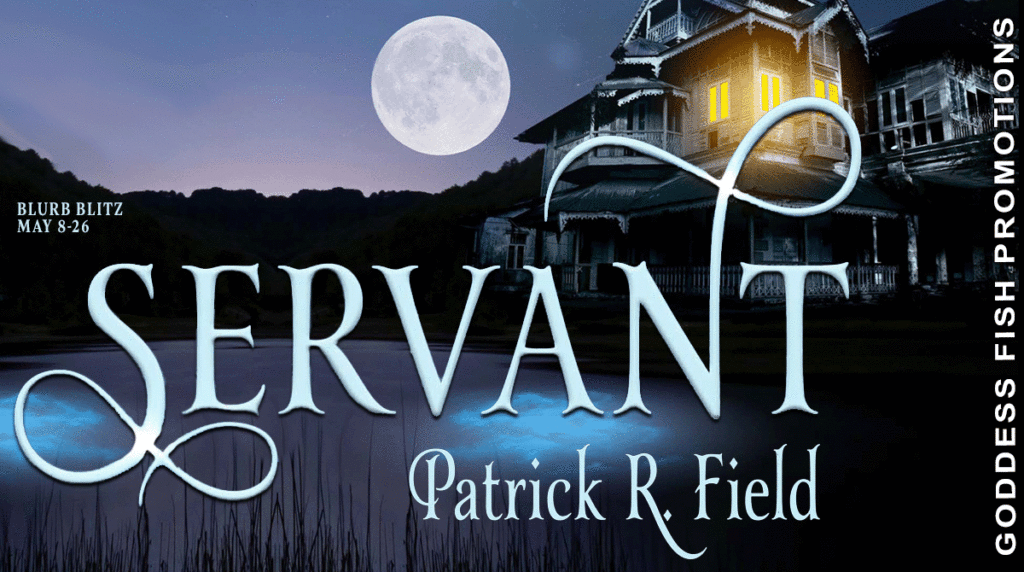
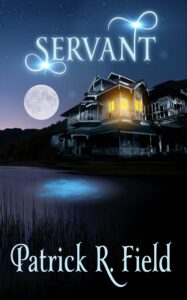 Not long after their move into Blackstone, married couple Mitch and Buck begin to witness strange sightings of shadowy figures, physical manifestations and inexplicable events taking place in the former Sheppard family estate nestled in the Northern Poconos of Pennsylvania. Through séances, they learn from the spirit of Jedidiah Sheppard that he has not been able to cross over into the afterlife because the truth behind his sudden disappearance in 1965 has never been solved. During this journey, Mitch and Buck and an eccentric psychic, Gladys Munch aka Madame Fortunesta, encounter interference from the spirit of a Lenape medicine man, Mesingwe Medeu, who protects Jedidiah’s spirit. Mitch and Buck eventually realize that they must find Jedidiah’s remains and let the authorities discover through modern detective work the evidence needed to try and convict the murderer. But is it too late for Jedidiah’s spirit to find eternal peace?
Not long after their move into Blackstone, married couple Mitch and Buck begin to witness strange sightings of shadowy figures, physical manifestations and inexplicable events taking place in the former Sheppard family estate nestled in the Northern Poconos of Pennsylvania. Through séances, they learn from the spirit of Jedidiah Sheppard that he has not been able to cross over into the afterlife because the truth behind his sudden disappearance in 1965 has never been solved. During this journey, Mitch and Buck and an eccentric psychic, Gladys Munch aka Madame Fortunesta, encounter interference from the spirit of a Lenape medicine man, Mesingwe Medeu, who protects Jedidiah’s spirit. Mitch and Buck eventually realize that they must find Jedidiah’s remains and let the authorities discover through modern detective work the evidence needed to try and convict the murderer. But is it too late for Jedidiah’s spirit to find eternal peace? After twenty-five years in higher education, Patrick Field traded in teaching and textbooks to pursue his passion of writing spine-chilling fiction. Holding a Ph.D. in Anatomical Sciences and Neuroscience, his experience informs his writing, a unique blend of scientific knowledge with supernatural storytelling.
After twenty-five years in higher education, Patrick Field traded in teaching and textbooks to pursue his passion of writing spine-chilling fiction. Holding a Ph.D. in Anatomical Sciences and Neuroscience, his experience informs his writing, a unique blend of scientific knowledge with supernatural storytelling.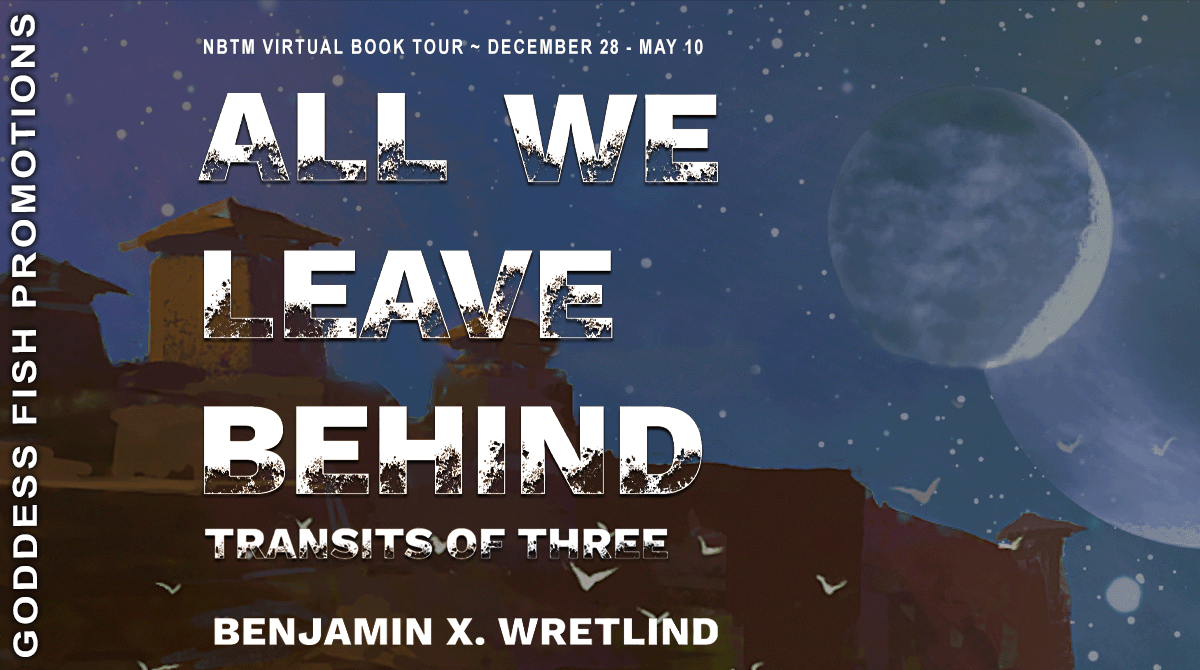
 Following the exodus from rising floodwaters, the surviving descendants of those who came to create a society on a planet far from Earth have struggled to rebuild within the remains of an ancient temple. Now, as disease and an unfamiliar environment threaten to destroy them yet again, everyone seems to have an opinion about what to do next.
Following the exodus from rising floodwaters, the surviving descendants of those who came to create a society on a planet far from Earth have struggled to rebuild within the remains of an ancient temple. Now, as disease and an unfamiliar environment threaten to destroy them yet again, everyone seems to have an opinion about what to do next. Benjamin, a speculative fiction author, ran with scissors when he was five. He now writes, paints, uses sharp woodworking tools and plays with glue. Sometimes he does these things at the same time.
Benjamin, a speculative fiction author, ran with scissors when he was five. He now writes, paints, uses sharp woodworking tools and plays with glue. Sometimes he does these things at the same time.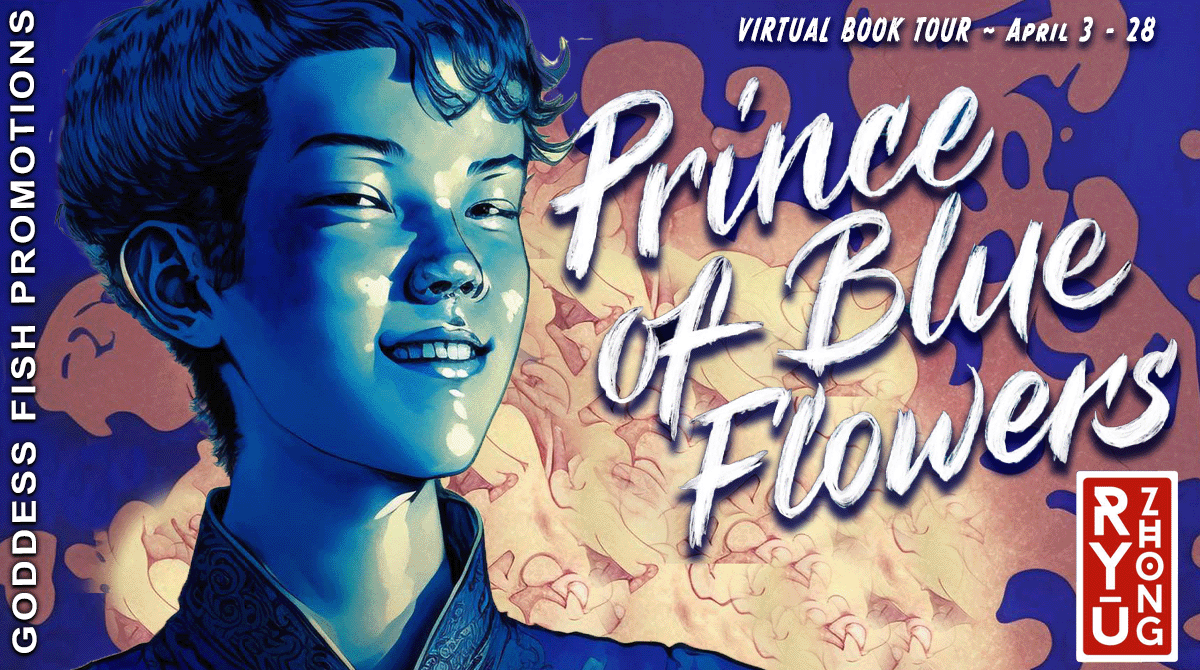
 Young boy Hatsukoi leaves his village to become a monk, only to find monastic life incredibly boring. With a new-found name and a new-found friend, Hatsukoi travels the countryside and plays tricks at the expense of corrupt, irate, greedy, and ignorant people. Nobles of all ranks—from petty governors to crown princes—fall victim to the boy’s wit and cunning.
Young boy Hatsukoi leaves his village to become a monk, only to find monastic life incredibly boring. With a new-found name and a new-found friend, Hatsukoi travels the countryside and plays tricks at the expense of corrupt, irate, greedy, and ignorant people. Nobles of all ranks—from petty governors to crown princes—fall victim to the boy’s wit and cunning. ‘Ryū’ means ‘dragon’ in Japanese, and ‘Zhong’ can be translated from Chinese as ‘flute’. This amalgam of languages represents the fusion of cultures that characterises the writings of Ryū Zhong.
‘Ryū’ means ‘dragon’ in Japanese, and ‘Zhong’ can be translated from Chinese as ‘flute’. This amalgam of languages represents the fusion of cultures that characterises the writings of Ryū Zhong.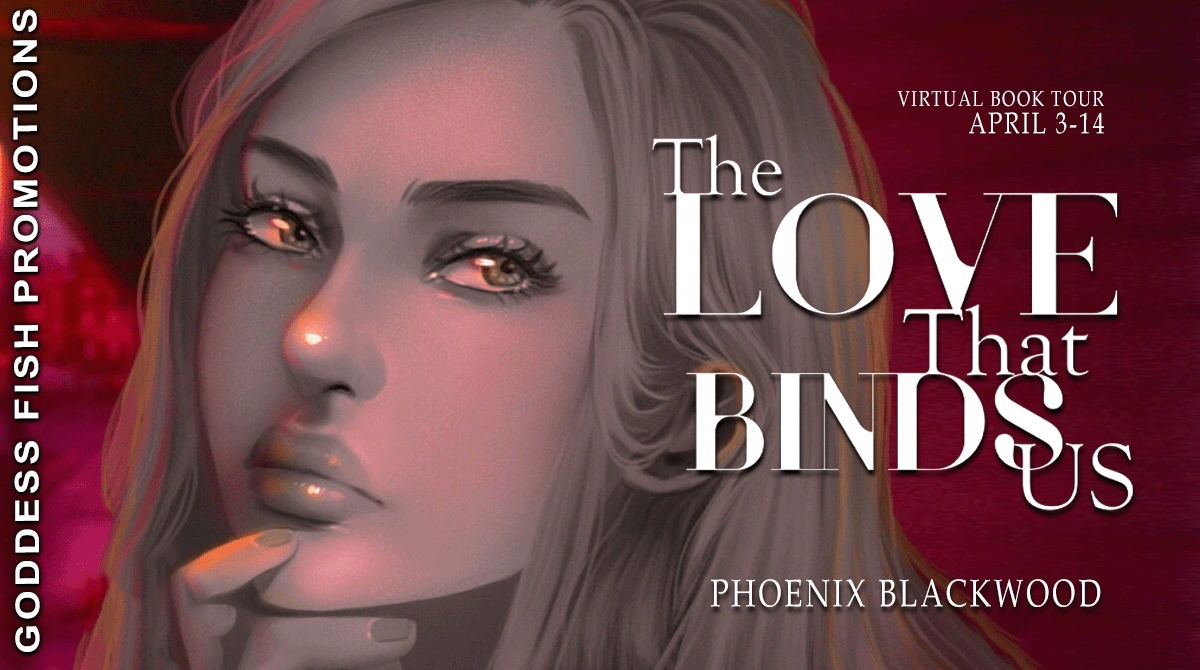
 From the outside, Alex has a perfect life. She has a partner who loves her, gets good grades in school, excels at most sports, and has a big heart. From the inside, Alex’s life is anything but perfect. She hasn’t spoken to her father in years. She’s hiding the fact that her once-best-friend now-romantic-partner Theo is trans and nonbinary from her homophobic mother. Bullies are harassing her and Theo at school, taunting and shoving. It’s all becoming too much for Alex to bear.
From the outside, Alex has a perfect life. She has a partner who loves her, gets good grades in school, excels at most sports, and has a big heart. From the inside, Alex’s life is anything but perfect. She hasn’t spoken to her father in years. She’s hiding the fact that her once-best-friend now-romantic-partner Theo is trans and nonbinary from her homophobic mother. Bullies are harassing her and Theo at school, taunting and shoving. It’s all becoming too much for Alex to bear. Born and raised in New England, Phoenix has always been a creative – whether it’s painting or writing. From a very young age, Phoenix has envisioned and created characters, writing them into existence and exploring them through visual arts. Having graduated to first-time short story author, Phoenix is embarking on a journey towards novel writing as they finally bring characters they’ve known for years into the world. Phoenix is neurodiverse and intersex and hopes to bring more representation to both topics with their writing. They believe in creating relatable characters that people can find themselves in and empathize with.
Born and raised in New England, Phoenix has always been a creative – whether it’s painting or writing. From a very young age, Phoenix has envisioned and created characters, writing them into existence and exploring them through visual arts. Having graduated to first-time short story author, Phoenix is embarking on a journey towards novel writing as they finally bring characters they’ve known for years into the world. Phoenix is neurodiverse and intersex and hopes to bring more representation to both topics with their writing. They believe in creating relatable characters that people can find themselves in and empathize with.




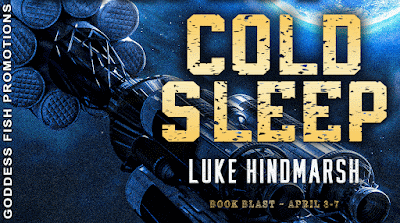
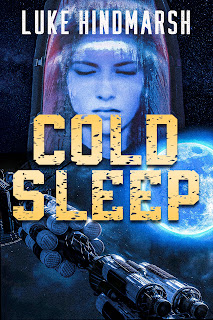
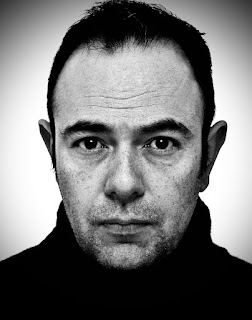
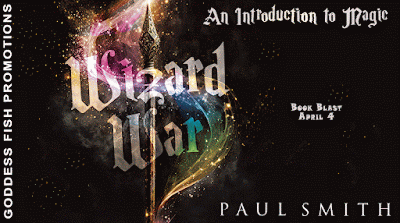


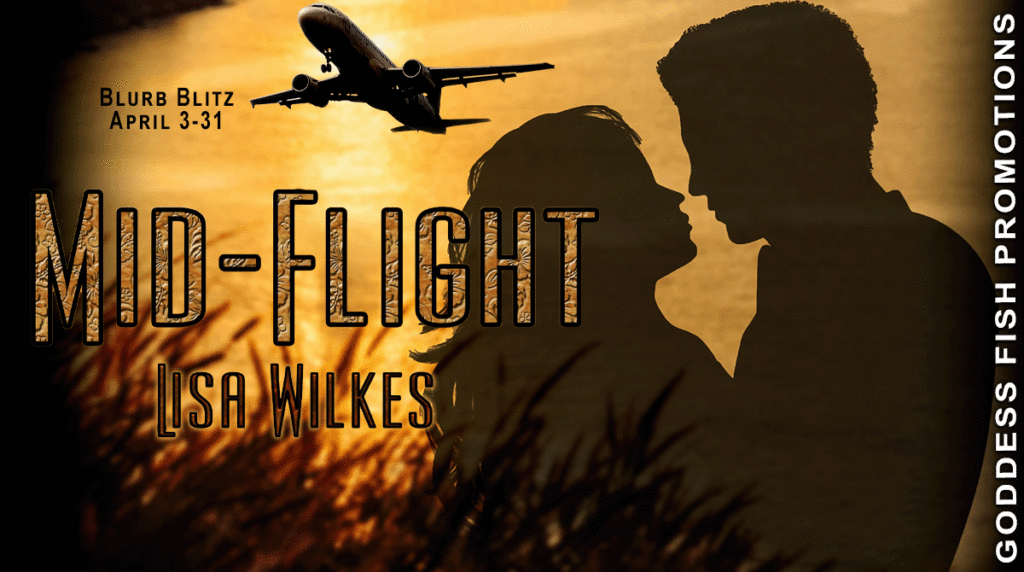
 2037 was a really bad year.
2037 was a really bad year. Lisa Wilkes has spent 13 years as a flight attendant, jetting across the globe and collecting inspiration for her writings. Her debut novel, Flight Path, is a fast-paced romance laced with serendipitous encounters. This book follows a daydreaming stewardess as she learns to navigate a new terrain: unconditional love.
Lisa Wilkes has spent 13 years as a flight attendant, jetting across the globe and collecting inspiration for her writings. Her debut novel, Flight Path, is a fast-paced romance laced with serendipitous encounters. This book follows a daydreaming stewardess as she learns to navigate a new terrain: unconditional love. It is 2050. Kat Keeper, an entrepreneur, hires an AI savant to recreate the consciousness of her husband, who has passed away. Soon, she is drawn into a love triangle with her husband’s mind and the man who created it.
It is 2050. Kat Keeper, an entrepreneur, hires an AI savant to recreate the consciousness of her husband, who has passed away. Soon, she is drawn into a love triangle with her husband’s mind and the man who created it.